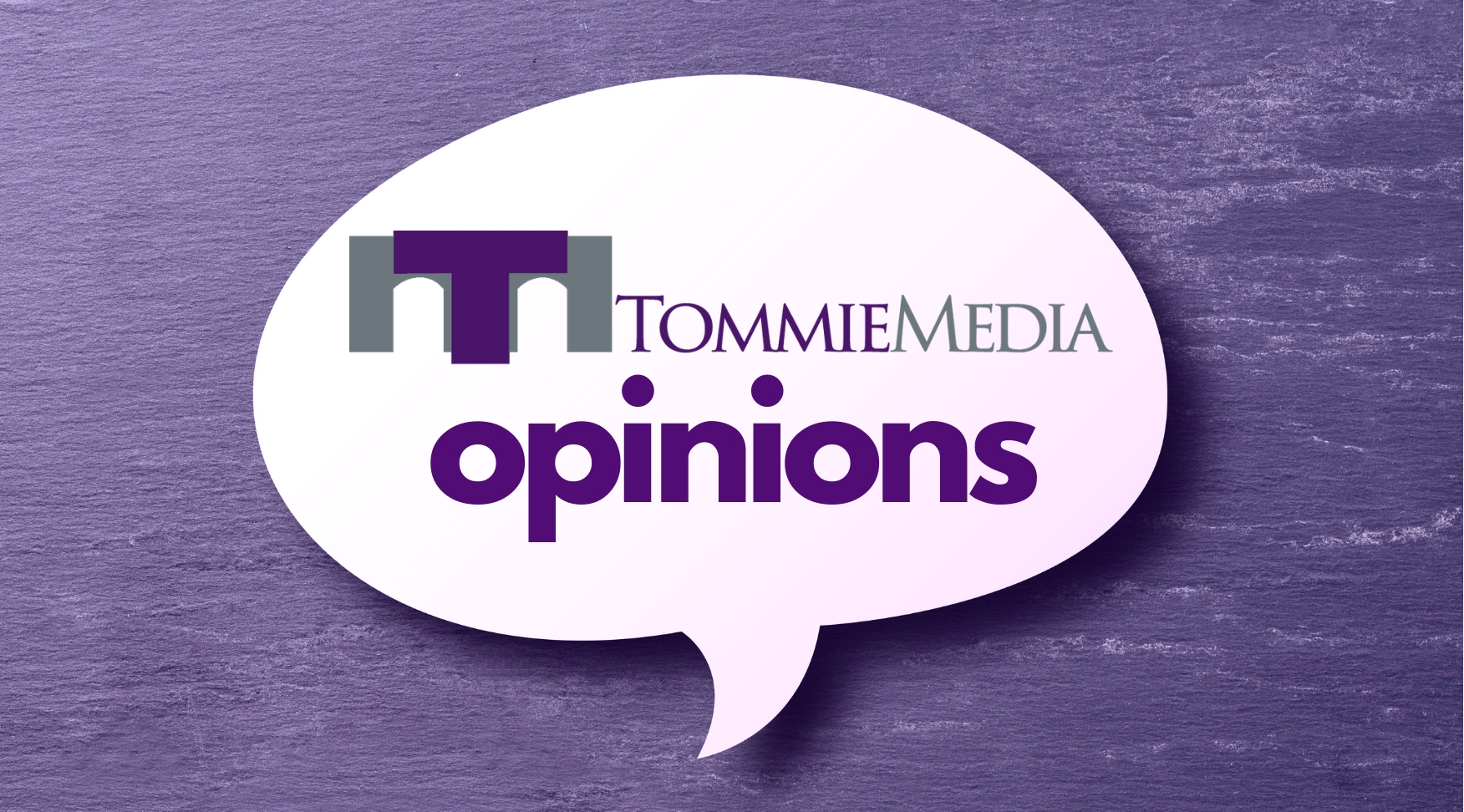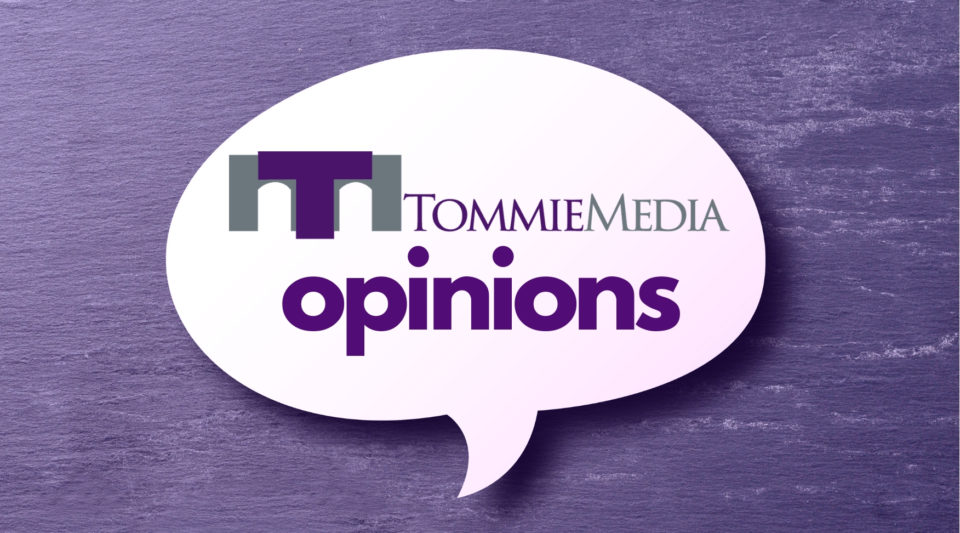The U.S. Department of Labor notes that the current federal minimum wage is $7.25, with states being able to set their own limits higher. If someone worked 40 hours a week for minimum wage, they would make $290. Over an entire year, this would amount to just over $15,000. For tip-earning workers, like restaurant servers, this would normally be the baseline of income with tips being extra. However, this is not the case.
For tip-earning positions, employers are allowed to pay less than minimum wage if the tips received would ultimately equal minimum age earnings. The Fair Labor Standards Act (FLSA) grants employers this ability.
The tip credit system is what most employers use, which is lowering pay beneath minimum wage to account for the income received through tips. Employers have an obligation to pay minimum wage, and tips are seen as a way of achieving that.
Nolo explains that if an employer is using the tip credit system in a state with a minimum wage of $7.25, they can pay as little as $2.13 per hour. However, the tips earned per hour must equal $7.25 when added to the $2.13 per hour paycheck. Again, states are allowed to set their own limits for how much a tip credit can be set at, but most still allow the tip credit system.
Nineteen states abide by $2.13 per hour, while 24 states have laws that require employers to pay more than this, according to Hunter Stuart for HuffPost. Then, SHRM found that only seven states, including Minnesota, require employers to pay tip-earning workers full minimum wage. These states account for tips being “extra” on top of a steady paycheck, instead of an excuse for employers to not pay their workers minimum wage.
One of the biggest tip-earning positions is a restaurant server. Servers are greatly affected by the FLSA, especially considering tips are often given arbitrarily and are an insecure form of income.
Michael Lynn, a professor of consumer behavior and marketing at Cornell University, says, “Tipping starts with people wanting to be generous, or to show off, but then it becomes something where people just do it because it’s expected of them.” Tipping has become ingrained in American restaurant and food culture to the point that everyone does it without thinking.
Originally, it was a way to show appreciation to a server for doing well or for being particularly attentive to a customer’s needs. It was a gesture that was unnecessary. The nature of tipping someone, for a paid job or not, is meant to be extra, and potentially unexpected. So when employers reduce pay because tips are often given, it is ignoring the fact that tips are not actually necessary and should not be relied upon.
One of the biggest issues of relying on tips to pay servers is that their tips and hours are often not properly monitored. The Economic Policy Institute says that many restaurants are in violation of wage and hour requirements, simply because they are ignoring it or not keeping up with their servers’ average tip-earnings. Restaurant workers are the most likely to experience these types of violations compared to other industries.
The other issue is the customer’s role in tipping. It is all too common for a server’s tip to be reduced for a problem out of their control. If an order is cooked incorrectly or takes too long, the server is often blamed, or at least punished in the form of a smaller tip, even if it was not their fault. Servers are the direct interaction a customer has with the restaurant and, unfortunately, the only outlet a customer can show if they were satisfied with their meal and service.
Sometimes, tips are determined on arbitrary factors, like drawing a smiley face on a customer receipt, which has nothing to do with the actual restaurant service. Discrimination plays a role in tipping as well, even if it is not intentional. It is this uncertainty that makes reduced minimum wage unfair and harmful to servers’ incomes.
Customers are not capable of changing laws and determining if servers are paid minimum wage, but they are in control of how they tip servers. They should understand that in most states servers rely on tips to have an income, so tipping fairly is important.
Restaurants, and even state governments, should consider paying servers and other tip-earning workers minimum wage because it would help those workers have more financial stability.
Maddie Peters can be reached at pete9542@stthomas.edu.





For the 700th time: it’s Math. We want to save the tip credit wage to save jobs, income and businesses. Most full service restaurants with a tip credit wage for servers shoot for a 30% Labor cost, and probably have a 32% Labor cost. When profit rings in at 5% and your labor line item shoots up to 48-49% the restaurant is insolvent. The 5% profit doesn’t cover the 16% bloat in Labor costs at $15 for all. It screws the BOH out of deserved wage increases because it mandates giving a “raise” to servers who already make well above $15/hour with tips and are guaranteed minimum if tips aren’t sufficient. Owners are forced to make shitty decisions if they plan on staying open; fire staff and automate with IPads, convert to counter service and fire 75% of FOH, get rid of bussers , hosts, wine specialists etc, reduce hours and shifts or just close. Full service restaurants are a Labor heavy business model, unlike retail at 11%, and this breaks the financial system. Additionally, who in their right mind would wait tables for minimum wage? We do it for and because of the tips. Most restaurants would have to raise their prices by 40% to keep all their staff and at that price range- due to price elasticity of demand (2.3% for full service restaurants), customer counts would shrink as menu price increases rise. It’s simple math really, but now it’s being presented as an idealistic, progressive feel good policy – and believe me – they have NOT done their math research.